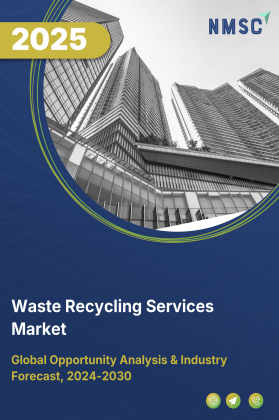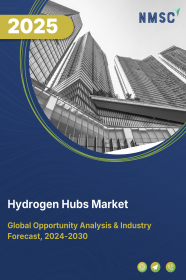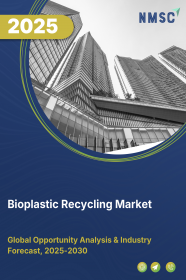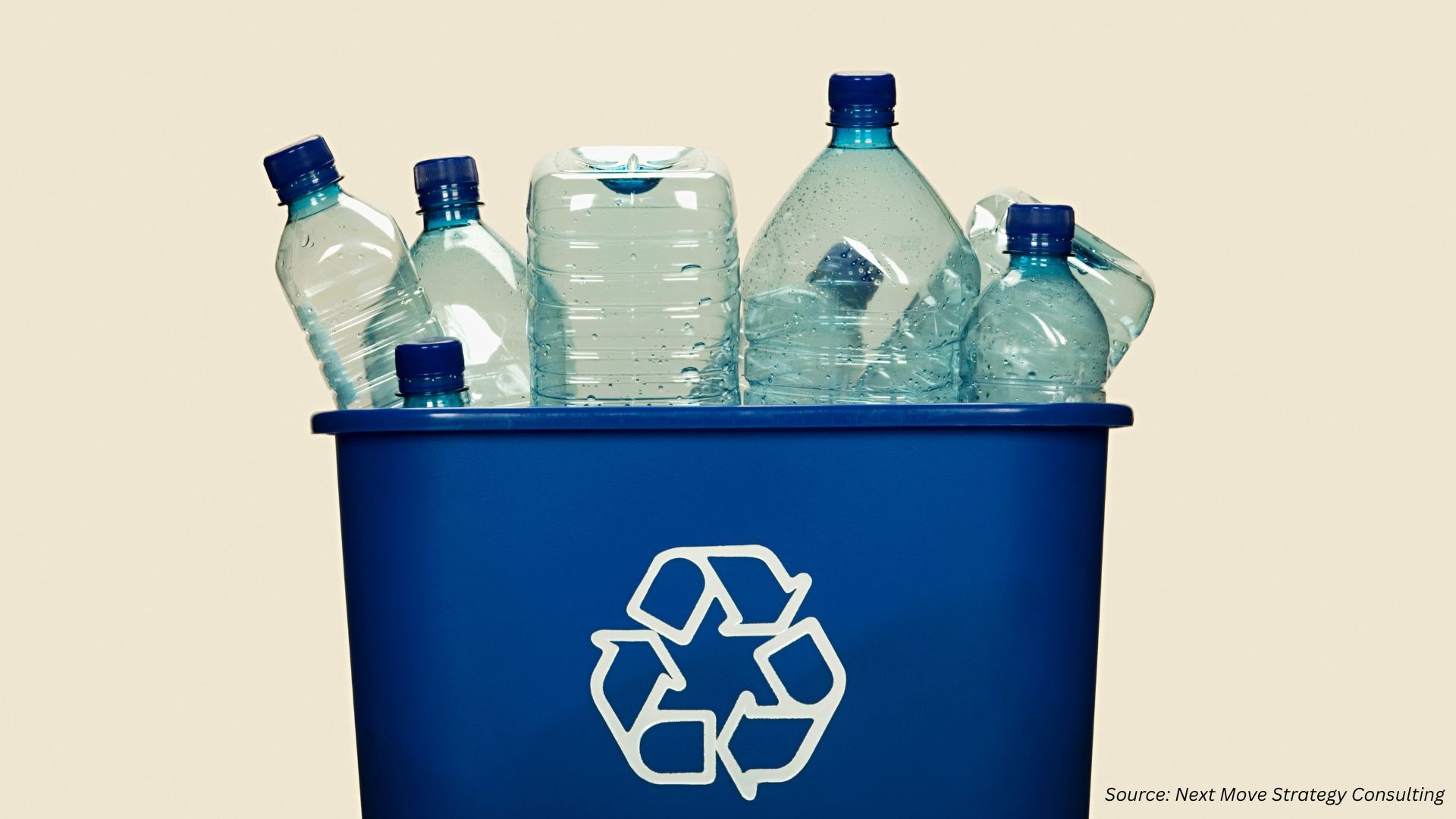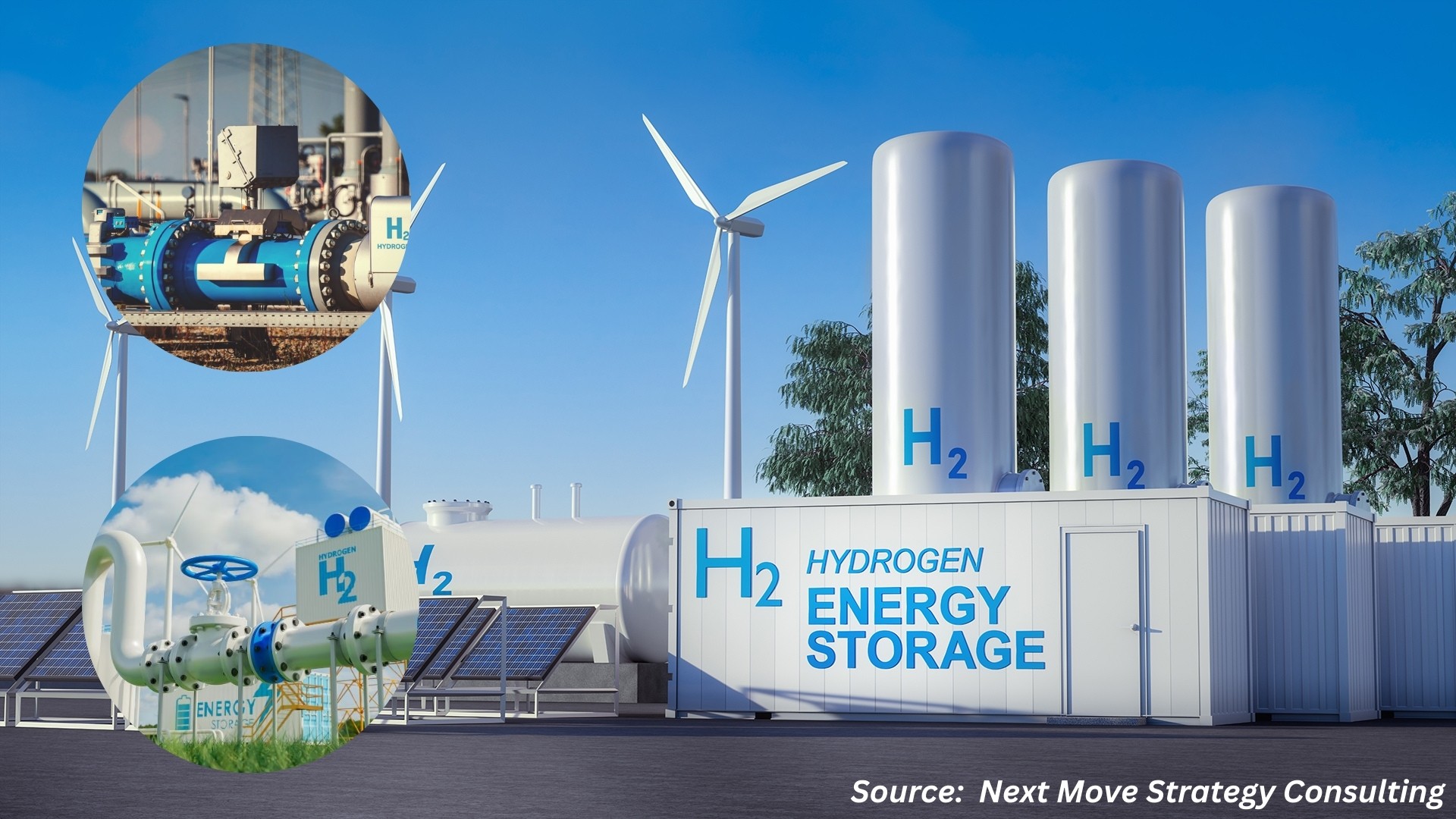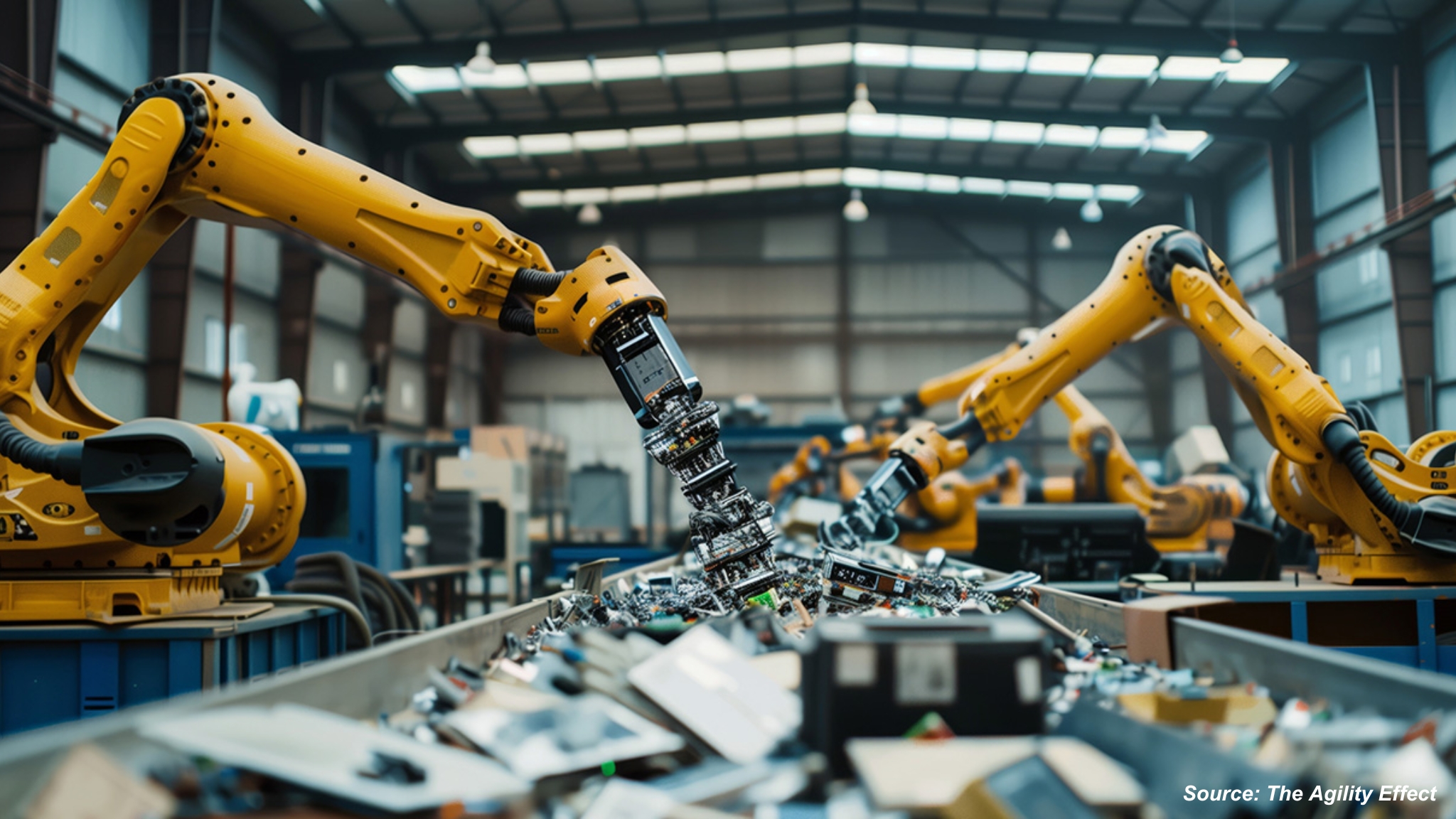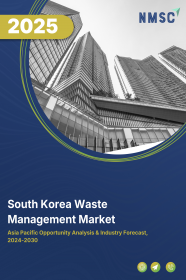
South Korea Waste Management Market by Waste Type (Hazardous Waste, and Non-Hazardous Waste), by Service (Collection, and Disposal), by Source (Residential or Municipal Waste, Commercial Waste, and Industrial Waste) – Opportunity Analysis and Industry Forecast, 2024–2030
Industry: Energy & Power | Publish Date: 15-Oct-2025 | No of Pages: 207 | No. of Tables: 166 | No. of Figures: 111 | Format: PDF | Report Code : EP1253
South Korea Waste Management Market Overview
South Korea Waste Management Market size was valued at USD 25.56 billion in 2023, and is predicted to reach USD 42.25 billion by 2030, at a CAGR of 6.40% from 2024 to 2030.
The South Korea waste management market involves a wide range of services and activities aimed at managing and mitigating the impact of waste generated by various sectors including residential, commercial, industrial, and healthcare. It includes the collection, transportation, processing, recycling, and disposal of waste materials in a manner that is environmentally responsible and sustainable. The market also involves the development and implementation of technologies and practices that promote waste reduction, resource recovery, and the safe handling of hazardous materials.
Key components of the waste handling market include waste collection services, recycling facilities, waste-to-energy plants, landfill operations, and environmental consulting services. As awareness of environmental issues grows, the waste handling market continues to expand, driven by growing population, technological advancements, and increasing public demand for sustainable waste solutions.
Presence of Key Market Players in the Nation Fuels the Growth of the Industry
The growth of the market in South Korea is propelled by key initiatives from various key players. These include advancements in waste management technologies, strategic partnerships, and innovative product launches, which enhance operational efficiencies and introduce cutting-edge solutions. For instance, in October 2023, Lummus Technology collaborated with Dongyang Environment Group to implement advanced plastic recycling technology in South Korea. This partnership aims to address the growing issue of plastic waste by converting it into high-value chemicals and feedstocks, thereby promoting circularity in the plastics industry. These efforts enhance operational efficiencies and introduce cutting-edge solutions to the market.
The Rapid Urbanization in the Country Propels the Growth of the Industry
The urbanization in South Korea further fuels the growth of the waste management market. As cities expand and population density increases, there is a rising South Korea waste management market demand for effective waste handling solutions. As per the latest report published by the World Bank Group, South Korea’s population accounted for 51.7 million and around 41.9 million population resides in urban areas in 2023, that is equivalent to around 81% of the total population. The growing urban areas necessitate advanced infrastructure and services to handle increased waste generation, driving market growth.
Complex Regulatory Framework and Strict Environmental Standards Hinders the Market Growth
The complex regulatory framework and strict environmental standards create significant barriers to market entry and increase operational costs for companies, which in turn hinders the South Korea waste management market growth. The companies struggle to fully understand and comply with the various local, regional, and national regulations, which can vary widely in their requirements and enforcement practices.
The Adoption of Waste-to-Energy Technologies Creates Future Growth Opportunities in the Market
The adoption of waste-to-energy technologies such as incineration, anaerobic digestion, and gasification presents a significant growth opportunity for the waste management market as these technologies convert waste materials into usable energy, reducing landfill dependency and contributing to sustainable energy generation.
By transforming waste into a valuable resource, waste-to-energy solutions promote environmental sustainability and drive South Korea waste management market expansion. This innovative approach aligns with global trends toward circular economy practices and offers economic benefits by generating energy from waste that creates a promising avenue for growth of the waste handling sector.
Competitive Landscape
The key players operating in the South Korea waste management industry includes Reco, Veolia Korea, SK ecoplant CO.,LTD., GS GLOBAL CORP., Suez, EcoPrCNG, ReNA (Rena), Korea Environment Corporation (KECO), Sudokwon Landfill Site Management Corporation, Korea Recycling Corporation (KORECO), Hanwha Solutions, LOTTE Chemical Corporation, LG Chem, SuperBin Co.,Ltd, Ugly Lab Co., Ltd., and others.
South Korea Waste Management Market Key Segments
By Waste Type
-
Hazardous Waste
-
Solid Waste
-
Liquid Waste
-
Gaseous Waste
-
-
Non-Hazardous Waste
-
Food
-
Paper and Cardboard
-
Plastic
-
Glass
-
Metal
-
Water
-
E-Waste
-
Others
-
By Service
-
Collection
-
Collection and Transportation
-
Storage and Handling
-
Sorting
-
-
Disposal
-
Open Dumping
-
Incineration/Combustion
-
Landfills
-
Recycling
-
Composting and Anaerobic Digestion
-
By Source
-
Residential or Municipal Waste
-
Commercial Waste
-
Offices and Retail Stores
-
Hospitals
-
Restaurants
-
Other Commercial Sources
-
-
Industrial Waste
-
Manufacturing Waste
-
Construction, Renovation, and Demolition Waste
-
Agriculture Waste
-
Medical Waste
-
Other Industrial Sources
-
Key Players
-
Reco
-
Veolia Korea
-
SK ecoplant CO.,LTD.
-
GS GLOBAL CORP.
-
Suez
-
EcoPrCNG
-
ReNA (Rena)
-
Korea Environment Corporation (KECO)
-
Sudokwon Landfill Site Management Corporation
-
Korea Recycling Corporation (KORECO)
-
Hanwha Solutions
-
LOTTE Chemical Corporation
-
LG Chem
-
SuperBin Co.,Ltd
-
Ugly Lab Co., Ltd.
Report Scope and Segmentation
|
Parameters |
Details |
|
Market Size Value in 2023 |
USD 25.56 billion |
|
Revenue Forecast in 2030 |
USD 42.25 billion |
|
Value Growth Rate |
CAGR of 6.40% from 2024 to 2030 |
|
Analysis Period |
2023–2030 |
|
Base Year Considered |
2023 |
|
Forecast Period |
2024–2030 |
|
Market Size Estimation |
Billion (USD) |
|
Growth Factors |
|
|
Companies Profiled |
15 |
|
Customization Scope |
Free customization (equivalent up to 80 working hours of analysts) after purchase. Addition or alteration to country, regional, and segment scope. |
|
Pricing and Purchase Options |
Avail customized purchase options to meet your exact research needs. |




















 Speak to Our Analyst
Speak to Our Analyst



